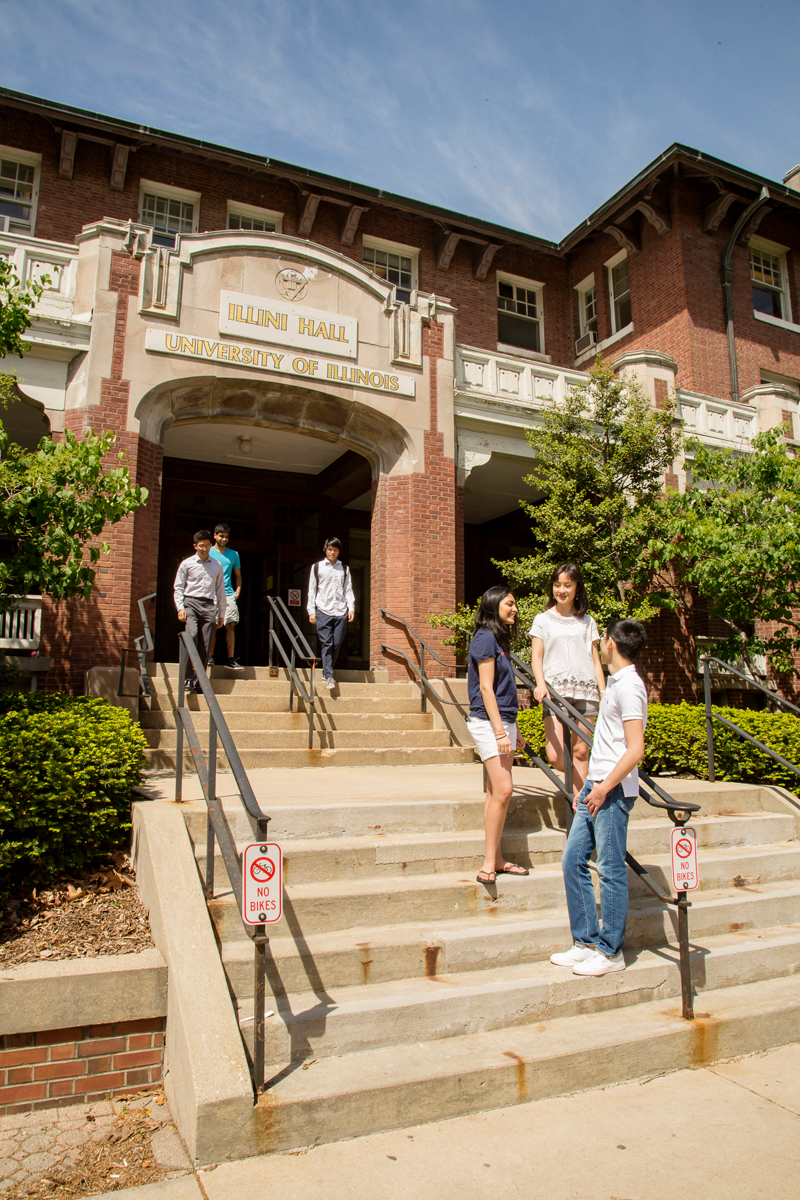Statistics & Computer Science
Statistics and Computer Science is divided equally between the two areas. The first two years are spent on basic work in mathematics and general education, and an introduction to the fundamental areas of computer science: programming, theory of computation, the architecture of digital computers, and numerical analysis. The third year completes the work in basic computer science and statistics, and requires electives to broaden the background of the student. During the fourth year, each student is encouraged to obtain a deeper understanding of topics in which the student has particular interest.
- Statistics and Computer Science is sponsored jointly by the Department of Statistics and the Department of Computer Science. The major is designed for students who desire a strong foundation in computer science, coupled with significant advanced coursework in statistics. The major prepares students for professional or graduate work in statistics and computer science, and for applications of computing in which knowledge of statistics is particularly important, such as data mining and machine learning.
- Statistics is designed to provide students with an understanding of the concepts of statistical inference and a familiarity with the methods of applied statistical analysis, preparing students for a career in business, industry, or government, and for further graduate study in statistics or in a related area.
- CS 124—Intro to Computer Science 1
- CS 128—Intro to Computer Science 2
- MATH 220 (or 221), 231, 241—Calculus sequence
- STAT 100 or 200—Statistics
Students should consult with an academic advisor regarding course selection prior to the advanced registration period.
The major prepares students for professional or graduate work in statistics and computer science, and for applications of computing in which knowledge of statistics is particularly important, such as data mining and machine learning.
- Ability to analyze & interpret data
- Advanced quantitative skills
- Computer literacy
- Critical thinking
- Efficient
- Logical thinking
- Numerical computation
- Organizational skills
- Problem solving
- Systemizing skills
- Team skills
- Testing skills
- Actuary Estimator
- Bank Examiner
- Claims Adjuster
- Computer Programmer
- Cryptologist
- Financial Planner
- Information Scientist
- Insurance Agent/Broker
- Investment Analyst
- Investment Researcher
- Mathematical Technician
- Mathematician
- Numerical Analyst
- Operations Research Analyst
- Purchasing Agent/Buyer
- Statistician
- Technical Writer
- Underwriter
Some careers may require education beyond an undergraduate degree.
- Participating in undergraduate research
- Applying for a study abroad experience
- Utilizing resources of The Career Center
- Joining a Registered Student Organization (RSO) related to this major, such as:
- Illini Statistics Club: promotes students who have interests in statistics and a future career in the field of statistical applications.
- iRobotics: A community of students interested in competing in CARD and other robotics competitions, as well as spreading the word of science and technology to the community.
- Women in Computer Science: Dedicated to creating a comfortable environment for everybody who studies and does research in computer science.
There are several professional organizations dedicated to Statistics and Computer Science. Their websites might be able to provide a glimpse in the world of Statistics and Computer Science. These organizations include American Statistical Society, Association for Computing Machinery, Assocation for Women in Computing, IEEE Computer Society and Institute of Mathematical Statisticians.


